There’s a reason sleep deprivation is used as a torture tactic; not getting enough sleep can break down our biological functions.
Good sleep is important for proper brain and body function. When we don’t get enough sleep, we can not only feel irritable, but sick. Here’s why.
What Happens When You’re Sleep Deprived
Our bodies undergo harmful, biological changes when we’re sleep-deprived. Thes side effects could be due to lack of sleep overall, or a lack of quality sleep.
Biological Problems Related to Sleep Loss:
- High blood pressure
- Diabetes
- Heart attack
- Fluctuating weight
- Depression
- Cognitive impairment
- Lowered immunity
- Increased cortisol levels
You may also notice external changes in your appearance when you’re chronically sleep-deprived. Dark circles can form under the eyes, and the skin is more prone to wrinkling when the body doesn’t get much-needed rest.
There’s a reason that a good night’s sleep is part of a healthy lifestyle. It sets the groundwork for you to face another day, making decisions about your meal plan and activity levels, and rest helps your body fight off illness, retain memories, and stay alert.
As Important as Diet and Exercise
Health experts believe that proper sleep is just as important as well-rounded nutrition and a regular exercise routine. Our certified nutritionists of Utah can help you cultivate the perfect meal plan, but if you’re not also giving your body time to rest, you may not see the results you want. But how much sleep is enough sleep?
The National Sleep Foundation suggests the following hours of sleep in a 24-hour period, based on age:
- Ages 65+ – 7 to 8 hours
- Ages 26 to 64 – 7 to 9 hours
- Ages 18 to 25 – 7 to 9 hours
- Ages 14 to 17 – 8 to 10 hours
- Ages 6 to 13 – 9 to 11 hours
- Ages 3 to 5 – 10 to 13 hours
- Ages 1 to 2 – 11 to 14 hours
- Younger than 12 months – 12 to 17 hours
If you’re not feeling rested when you get up in the morning, you’re not alone. It’s believed that about 35% of American adults aren’t getting enough sleep each night. How can you do better?
How to Get Better Sleep
Just like getting to work on time, sticking to a meal plan, or staying current with your favorite show, sleep needs to be treated as a priority. If you don’t put any effort into cultivating good sleep habits, you may find it difficult to log quality zzzs.
Be Consistent
Just like young children learning how to sleep, consistency is key. Try to stick to a regular wake and sleep schedule to get better sleep. It may be tempting to sleep in on a day off, but doing so can disrupt your body’s natural circadian rhythm, which helps dictate your sleep cycle.
Reduce Screen Time
If you have to work at a computer during the day, consider wearing blue-light blocking glasses to reduce exposure. Additionally, try to avoid using your phone, computer, or tablet at least one hour before you want to go to sleep. Studies show that the blue light emitted from our screened devices can negatively affect our body’s ability to shut down for quality sleep.
Get Enough Sunlight
To encourage your body to fall into a healthy sleep rhythm, make sure you’re getting enough natural sunlight during waking hours. Studies show that if you can take in bright, morning light within the first 30 minutes of waking, it can help program your internal clock. If you can avoid bright light exposure in the two-hour window before you wish to go to sleep, it can help trigger your body to wind down and feel sleepy at a reasonable time in the evenings.
The Benefits of Good Sleep
Besides feeling like a million bucks, the benefits of good sleep vary.
Weight Maintenance
If you’re trying to maintain or lose weight, quality sleep can play a role. Sleep gives our bodies a recovery period and can help regulate our hormones. These can be contributing factors when it comes to finding success in weight loss/maintenance. Good sleep can improve metabolism, and reduce the risk of developing Type 2 Diabetes.
Improved Concentration
When you’re sleepy, it can be difficult to concentrate or process information. Your response time may lag, and you may be prone to making more mistakes at work. For both children and adults, sleep is a time during which our brains work on storing new information we’ve learned. Without sleep, it’s much harder to retain knowledge.
Enhanced Athletic Ability
We mentioned your work may suffer if you’re not sleeping enough, but so can your exercise regime or athletic performance. When you get enough quality sleep, your fine motor skills, endurance, and power all benefit.
Mood Booster
Exercise is linked to boosting our mood, but so is sleep! Poor sleep may lead to feelings of depression, whether directly related to lack of sleep itself or the repercussions in our daily lives. Here’s the perfect example of the domino effect of good sleep: when we sleep well, we have enough energy to engage in exercise each day, which in turn produces “feel good” hormones that improve our mood. After a day spent working, fueling up with well-balanced meals, engaging in relationships, and participating in hobbies, it can be easier to fall asleep at night. And so, the cycle continues.
To avoid burnout, make sure sleep is a priority each day. At Total Health and Fitness, we can help you with customized meal plans, exercise, and accountability, but sleep is something you’ll need to take control of yourself.








